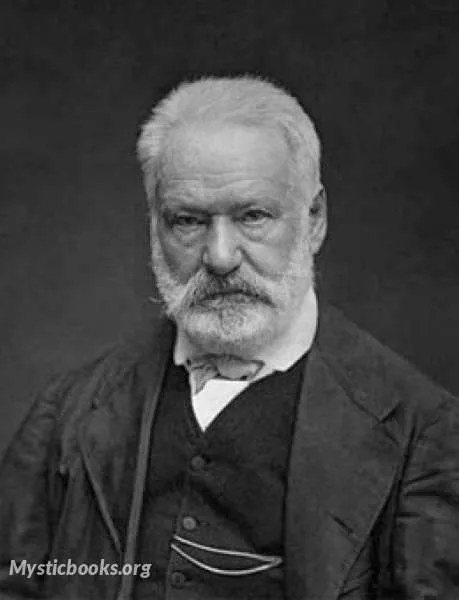
Timeline
Title
Country/Nationality
Victor Hugo
Victor-Marie Hugo was a French poet, novelist, and dramatist of the Romantic Movement. During a literary career that spanned more than sixty years, he wrote abundantly in an exceptional variety of genres: lyrics, satires, epics, philosophical poems, epigrams, novels, history, critical essays, political speeches, funeral orations, diaries, letters public and private, as well as dramas in verse and prose.
Hugo is considered to be one of the greatest and best-known French writers. Outside France, his most famous works are the novels Les Misérables, 1862, and The Hunchback of Notre-Dame (French: Notre-Dame de Paris), 1831. In France, Hugo is renowned for his poetry collections, such as Les Contemplations (The Contemplations) and La Légende des siècles (The Legend of the Ages). Hugo was at the forefront of the Romantic literary movement with his play Cromwell and drama Hernani. Many of his works have inspired music, both during his lifetime and after his death, including the musicals Les Misérables and Notre-Dame de Paris. He produced more than 4,000 drawings in his lifetime, and campaigned for social causes such as the abolition of capital punishment.
Though a committed royalist when he was young, Hugo's views changed as the decades passed, and he became a passionate supporter of republicanism serving in politics as both deputy and senator. His work touched upon most of the political and social issues and the artistic trends of his time. His opposition to absolutism and his colossal literary achievement established him as a national hero. He was honoured by interment in the Panthéon.
Victor-Marie Hugo was born on 26 February 1802 in Besançon in Eastern France. The youngest son of Joseph Léopold Sigisbert Hugo (1774–1828) a general in the Napoleonic army, and Sophie Trébuchet (1772–1821); the couple had two more sons: Abel Joseph (1798–1855) and Eugène (1800–1837).
Hugo published his first novel the year following his marriage (Han d'Islande, 1823), and his second three years later (Bug-Jargal, 1826). Between 1829 and 1840, he published five more volumes of poetry (Les Orientales, 1829; Les Feuilles d'automne, 1831; Les Chants du crépuscule, 1835; Les Voix intérieures, 1837; and Les Rayons et les Ombres, 1840), cementing his reputation as one of the greatest elegiac and lyric poets of his time.
After three unsuccessful attempts, Hugo was finally elected to the Académie française in 1841, solidifying his position in the world of French arts and letters. A group of French academicians, particularly Étienne de Jouy, were fighting against the "romantic evolution" and had managed to delay Victor Hugo's election. Thereafter, he became increasingly involved in French politics.
Hugo's religious views changed radically over the course of his life. In his youth and under the influence of his mother, he identified as a Catholic and professed respect for Church hierarchy and authority. From there he became a non-practising Catholic and increasingly expressed anti-Catholic and anti-clerical views. He frequented spiritism during his exile (where he participated also in many séances conducted by Madame Delphine de Girardin) and in later years settled into a rationalist deism similar to that espoused by Voltaire. A census-taker asked Hugo in 1872 if he was a Catholic, and he replied, "No. A Freethinker".
Although Hugo's many talents did not include exceptional musical ability, he nevertheless had a great impact on the music world through the inspiration that his works provided for composers of the 19th and 20th centuries. Hugo himself particularly enjoyed the music of Gluck and Weber. In Les Misérables, he calls the huntsman's chorus in Weber's Euryanthe, "perhaps the most beautiful piece of music ever composed". He also greatly admired Beethoven, and rather unusually for his time, he also appreciated works by composers from earlier centuries such as Palestrina and Monteverdi.
Hugo's death from pneumonia on 22 May 1885, at the age of 83, generated intense national mourning. He was not only revered as a towering figure in literature, he was a statesman who shaped the Third Republic and democracy in France. All his life he remained a defender of liberty, equality and fraternity as well as an adamant champion of French culture. In 1877, aged 75, he wrote, "I am not one of these sweet-tempered old men. I am still exasperated and violent. I shout and I feel indignant and I cry. Woe to anyone who harms France! I do declare I will die a fanatic patriot".
Although he had requested a pauper's funeral he was awarded a state funeral by decree of President Jules Grévy. More than two million people joined his funeral procession in Paris from the Arc de Triomphe to the Panthéon, where he was buried. He shares a crypt within the Panthéon with Alexandre Dumas and Émile Zola. Most large French towns and cities have a street or square named after him.
Hugo left five sentences as his last will, to be officially published:
Je donne cinquante mille francs aux pauvres. Je veux être enterré dans leur corbillard.
Je refuse l'oraison de toutes les Églises. Je demande une prière à toutes les âmes.
Je crois en Dieu.
I leave 50,000 francs to the poor. I wish to be buried in their hearse.
I refuse [funeral] orations from all Churches. I demand a prayer to all souls.
I believe in God.
Books by Victor Hugo
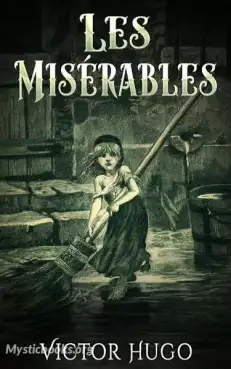
Les Misérables, Volume 1
Les Misérables is a French historical novel by Victor Hugo, first published in 1862, that is considered one of the greatest novels of the 19th century. In the English-speaking world, the novel is usually referred to by its original French title. How...
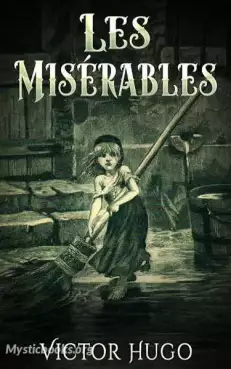
Les Misérables, Volume 2
Les Misérables is a French historical novel by Victor Hugo, first published in 1862, that is considered one of the greatest novels of the 19th century. In the English-speaking world, the novel is usually referred to by its original French title. How...
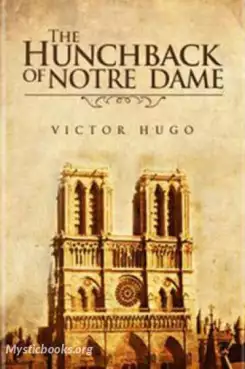
The Hunchback of Notre Dame
The Hunchback of Notre-Dame is a French Gothic novel by Victor Hugo, published in 1831. The novel has been described as a key text in French literature and has been adapted for film over a dozen times, in addition to numerous television and stage a...
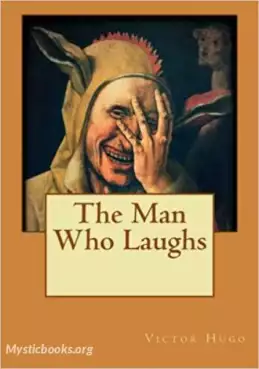
The Man Who Laughs
The Man Who Laughs is a novel by Victor Hugo, originally published in June 1869 under the French title L'Homme qui rit. It takes place in England in the 1680s' and early 1700s,' during the reigns of James II and Queen Anne, respectively, and depicts...

The Last Day of a Condemned
The Last Day of a Condemned Man is a short novel by Victor Hugo first published in 1829. The novel recounts the thoughts of a man condemned to die. Victor Hugo wrote this novel to express his feelings that the death penalty should be abolished.
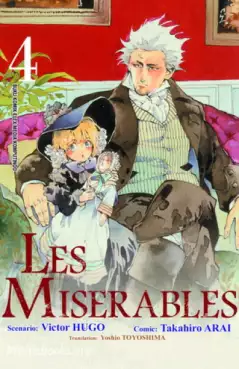
Les Miserables, Volume 4
Les Misérables is a French historical novel by Victor Hugo, first published in 1862, that is considered one of the greatest novels of the 19th century. In the English-speaking world, the novel is usually referred to by its original French title. How...
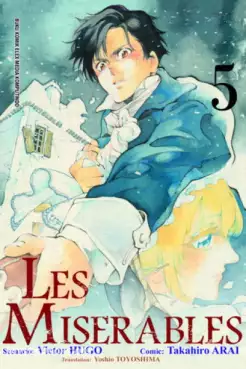
Les Miserables, Volume 5
Les Misérables is a French historical novel by Victor Hugo, first published in 1862, that is considered one of the greatest novels of the 19th century. In the English-speaking world, the novel is usually referred to by its original French title. How...
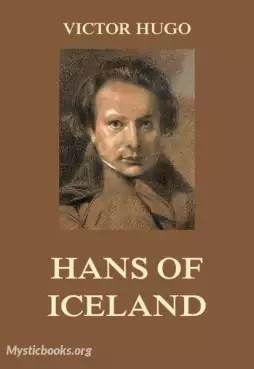
Hans of Iceland
Han d'Islande is a youth novel by Victor Hugo, published in 1823. The first version appeared, without an author's name, in Le Conservateur littéraire in 1820, before being considerably revised, first in the edition February 1823 then, with successive...
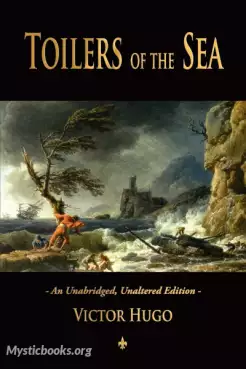
Toilers of the Sea
The story concerns a Guernseyman named Gilliatt, a social outcast who falls in love with Deruchette, the niece of a local shipowner, Mess Lethierry. When Lethierry's ship is wrecked on the double Douvres, a perilous reef, Deruchette promises to marry...
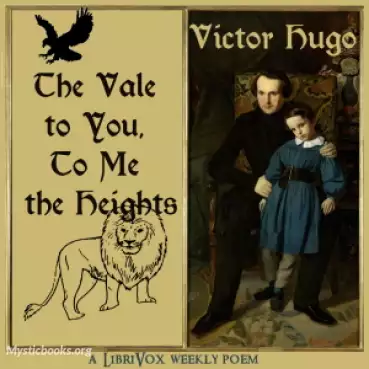
The Vale to You, To Me the Heights
The poem describes a scene where a lion is resting by a spring, and the bird of Jove comes to drink. Suddenly, two kings arrive and immediately draw their weapons on each other. However, before they can fight, the bird of Jove speaks up and tells the...
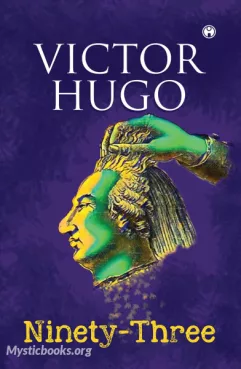
Ninety-Three
It follows the lives of three men from different sides of the conflict. The novel is a powerful exploration of the human condition and the moral dilemmas that arise in times of political upheaval. Hugo's prose is masterful in its ability to convey t...
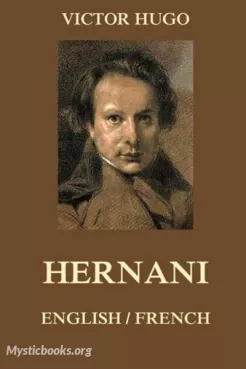
Hernani
It tells the story of the love triangle between the titular character, Hernani, the noble Don Carlos, and the beautiful Doña Sol. The play takes place in 16th-century Spain and deals with themes of love, honor, and loyalty. Hugo's play was groundbre...
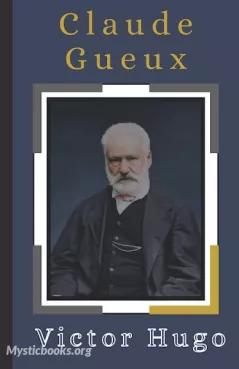
Claude Gueux
Publié en 1834, ce livre explore les thèmes de l'injustice sociale et du système pénal. L'histoire se déroule dans la France du XIXe siècle et suit le destin tragique de Claude Gueux, un homme pauvre et sans instruction. Victime des injustices social...
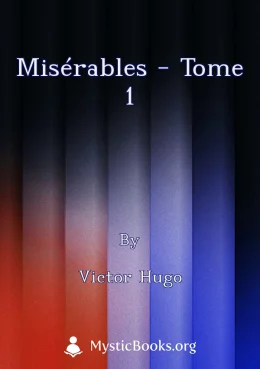
Misérables - tome 1
C'est un roman historique, social et philosophique dans lequel on retrouve les idéaux du romantisme et ceux de Victor Hugo concernant la nature humaine. L'auteur lui-même accorde une grande importance à ce roman et écrit en mars 1862, à son éditeur L...
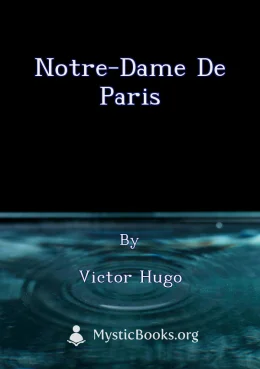
Notre-Dame de Paris
Chef-d'œuvre de la littérature romantique, Notre-Dame de Paris est une épopée gothique et historique qui explore les thèmes de l'amour, de la beauté, de la religion, de la justice sociale et de la rédemption. Hugo peint un tableau saisissant du Paris...
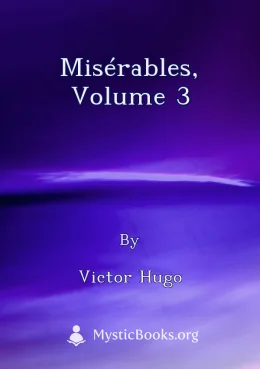
Misérables, Volume 3
In the tumultuous backdrop of 19th-century France, "Les Misérables" follows the intertwined lives of several characters whose destinies are shaped by their experiences with poverty, injustice, and the struggle for redemption. At its core, the novel e...
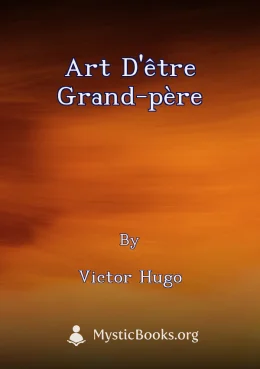
Art d'être grand-père
L'Art d'être grand-père, une série de dix-huit poèmes écrits par Victor Hugo en 1877, explore les sentiments d'un grand-père confronté à la perte de son fils et la responsabilité d'élever ses petits-enfants. Ce recueil reflète la tendresse et l'amou...
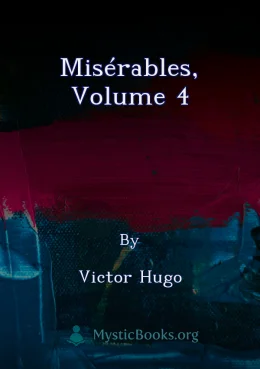
Misérables, Volume 4
This volume of Victor Hugo's epic novel, *Les Misérables*, focuses on Jean Valjean's journey as an ex-convict seeking a new life free from his past. Despite his efforts to build a good life, he is relentlessly pursued by Inspector Javert, who repres...
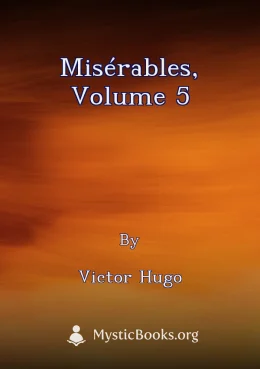
Misérables, Volume 5
A monumental work of French literature, 'Les Misérables' is a sprawling epic that delves into the lives of various characters from all walks of life during the June Rebellion in Paris. At its heart is the story of Jean Valjean, an ex-convict who stru...
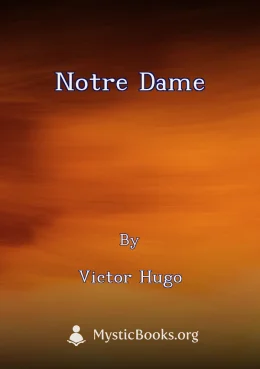
Notre Dame
Der Glöckner von Notre-Dame erzählt die Geschichte von Quasimodo, einem missgestalteten Glöckner, der in die schöne Zigeunerin Esmeralda verliebt ist. Der Roman spielt im mittelalterlichen Paris und zeigt die soziale Ungleichheit, die Liebe, die Schö...
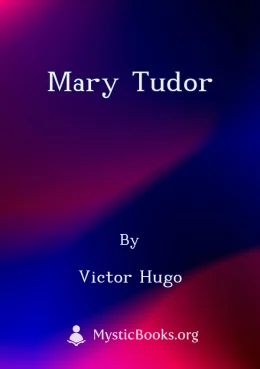
Mary Tudor
Mary Tudor by Victor Hugo is a historical novel that tells the story of Queen Mary I of England. Mary is a powerful and ruthless ruler, and she is determined to get revenge on anyone who crosses her. When her favorite courtier, Fabiano Fabiani, is ca...
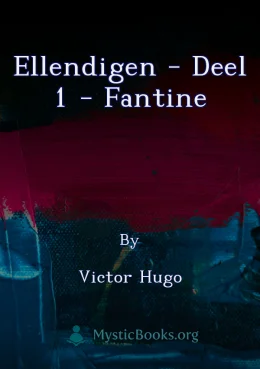
Ellendigen - Deel 1 - Fantine
De Ellendigen, of Les Misérables in het Frans, is een epische roman van Victor Hugo die het leven van Jean Valjean, een veroordeelde die probeert een nieuw leven te beginnen, volgt. Het verhaal verkent de sociale en politieke problemen van 19e-eeuws...
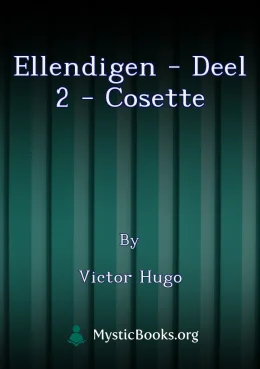
Ellendigen - Deel 2 - Cosette
De Ellendigen, een vertaling van Les Misérables, is een sociaal-realistische roman die de ellende van de armen in de 19e-eeuwse Franse samenleving belicht. Het verhaal volgt Jean Valjean, een veroordeelde die voortdurend worstelt met zijn verleden en...
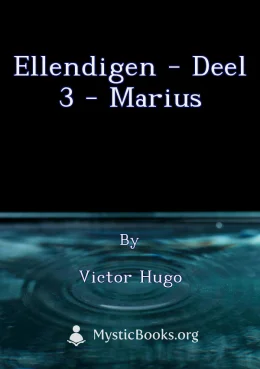
Ellendigen - Deel 3 - Marius
Dit deel van 'Les Misérables' focust op Marius, een jonge rechtenstudent die verstrikt raakt in de turbulente gebeurtenissen van het Parijs van 1832. Terwijl hij een gepassioneerde liefde ontwikkelt, wordt Marius geconfronteerd met de wrede realiteit...
Showing 1 to 24 of 33 results